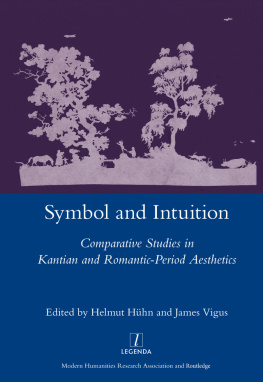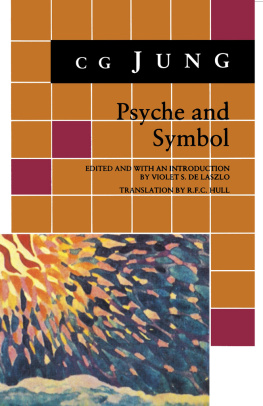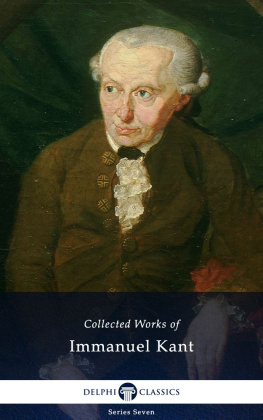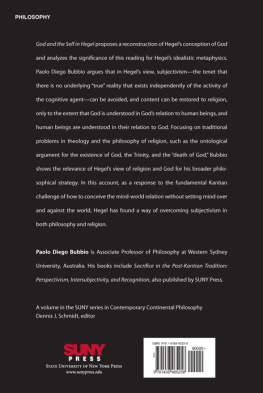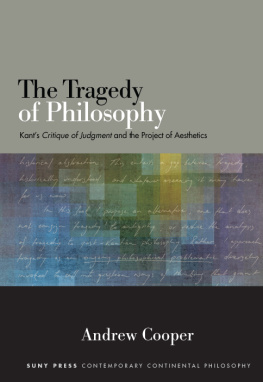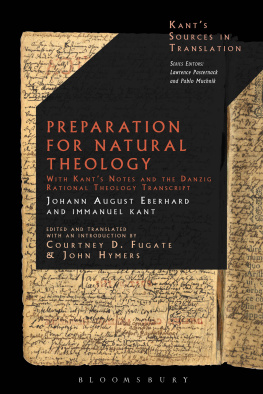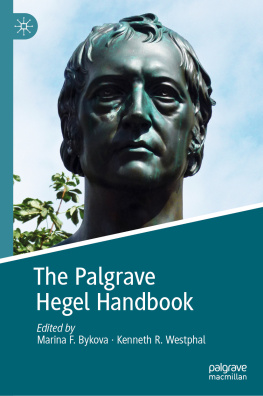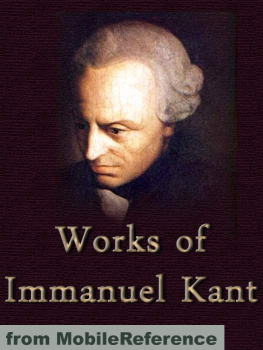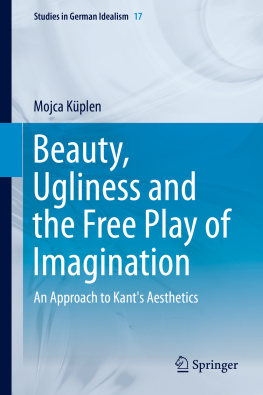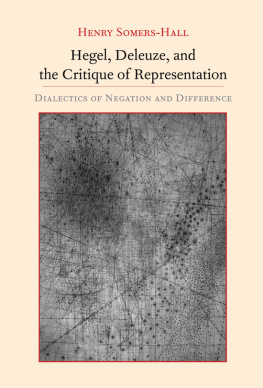SYMBOL AND INTUITION COMPARATIVE STUDIES IN KANTIAN AND ROMANTIC-PERIOD AESTHETICS
Legenda
LEGENDA, founded in 1995 by the European Humanities Research Centre ot the University of Oxford, is now a joint imprint of the Modern Humanities Research Association and Routledge. Titles range from medieval texts to contemporary cinema and form a widely comparative view of the modern humanities, including works on Arabic, Catalan, English, French, German, Greek, Italian, Portuguese, Russian, Spanish, and Yiddish literature. An Editorial Board of distinguished academic specialists works in collaboration with leading scholarly bodies such as the Society for French Studies and the British Comparative Literature Association.

The Modern Humanities Research Association (MHRA) encourages and promotes advanced study and research in the field of the modern humanities, especially modern European languages and literature, including English, and also cinema. It also aims to break down the barriers between scholars working in different disciplines and to maintain the unity of humanistic scholarship in the face of increasing specialization. The Association fulfils this purpose primarily through the publication of journals, bibliographies, monographs and other aids to research.

Routledge is a global publisher of academic books, journals and online resources in the humanities and social sciences. Founded in 1836, it has published many of the greatest thinkers and scholars of the last hundred years, including adorno, einstein, Russell, Popper, Wittgenstein, Jung, Bohm, Hayek, Mcluhan, Marcuse and Sartre. Today Routledge is one of the world's leading academic publishers in the Humanities and Social Sciences. It publishes thousands of books and journals each year, serving scholars, instructors, and professional communities worldwide.
www.routledge.com
Editorial Board
Chairman
Professor Colin Davis, Royal Holloway, University of London
Professor Malcolm Cook, University of Exeter (French)
Professor Robin Fiddian, Wadham College, Oxford (Spanish)
Professor Anne Fuchs, University of St Andrews (German)
Professor Paul Garner, University of Leeds (Spanish)
Professor Andrew Hadfield, University of Sussex (English)
Professor Marian Hobson Jeanneret, Queen Mary University of London (French)
Professor Catriona Kelly, New College, Oxford (Russian)
Professor Martin McLaughlin, Magdalen College, Oxford (Italian)
Professor Martin Maiden, Trinity College, Oxford (Linguistics)
Professor Peter Matthews, St Johns College, Cambridge (Linguistics)
Dr Stephen Parkinson, Linacre College, Oxford (Portuguese)
Professor Suzanne Raitt, William and Mary College, Virginia (English)
Professor Ritchie Robertson, The Queens College, Oxford (German)
Professor David Shepherd, Keele University (Russian)
Professor Michael Sheringham, All Souls College, Oxford (French)
Professor Alison Sinclair, Clare College, Cambridge (Spanish)
Professor David Treece, Kings College London (Portuguese)
Managing Editor
Dr Graham Nelson
41 Wellington Square, Oxford OX1 2JF, UK
legenda@mhra.org.uk
www.legendabooks.com
Symbol and Intuition
Comparative Studies in Kantian and Romantic-Period Aesthetics
EDITED BY HELMUT HHN AND JAMES VIGUS
Modern Humanities Research Association and Routledge 2013
First published 2013
Published by the
Modern Humanities Research Association and Routledge
2 Park Square, Milton Park, Abingdon, Oxon OX14 4RN
711 Third Avenue, New York, NY 10017, USA
LEGENDA is an imprint of the
Modern Humanities Research Association and Routledge
Routledge is an imprint of the Taylor & Francis Group, an informa business
Modern Humanities Research Association and Taylor & Francis 2013
ISBN 9-781-907625-04-6 (hhk)
All rights reserved. No part of this publication may be reproduced, stored in a retrieval system, or transmitted in any form or by any means, electronic, mechanical, including photocopying, recordings, fax or otherwise, without the prior written permission of the copyright owner and the publisher.
Product or corporate names may be trademarks or registered trademarks, and are used only for identification and explanation without intent to infringe.
Contents
Guide
This volume is related to the comprehensive investigations of the literary forms of philosophy around 1800 conducted within the research project Heuristics between Science and Poetry. The latter project formed a component of the Special Research Center 482 at Friedrich Schiller University, Jena, entitled The Weimar-Jena Phenomenon: Culture around 1800. In a cross-disciplinary collaboration combining approaches from the humanities, cultural studies and natural sciences, the Special Research Center 482 explored the uniquely productive and intensive communication and interaction that took place in and between Weimar and Jena around 1800. The over-arching aim of the research was to examine the interrelation of Enlightenment, Classicism, Idealism and Romanticism.
For financial and infrastructural support we gratefully acknowledge the Special Research Centre and its spokesperson Prof. Olaf Breidbach. We thank the Deutsche Forschungsgemeinschaft (German Research Council) for the provision of essential funding.
Special thanks to Dr Temilo van Zantwijk und Prof. Gottfried Gabriel for their collaboration and lively discussion.
Thanks also go to LMUexcellent for funding James Viguss postdoctoral research fellowship at Ludwig Maximilian University, Munich, from 200912, where much of his work for this volume was completed.
The specific idea for this book arose in the course of a graduate seminar on symbol-concepts from Kant to Hegel taught by Helmut Hhn at the philosophy department of Friedrich Schiller University, Jena, in 2008. James Vigus was at that time a DAAD (German Academic Exchange Service) postdoctoral research fellow in Jena, whose research on Samuel Taylor Coleridge and Henry Crabb Robinson as mediators of German thought intersected with the work undertaken in Dr Hhns seminar. As we discussed the desideratum to investigate a key selection from the extraordinary range of theories of symbol and intuition around 1800 an ambitious project intended to build on recent advances in scholarship on Kantian thought, Weimar Classicism, Jena Romanticism and German Idealism, to explore affinities and contrasts between Anglo-American and German writers, and to trace certain traditions of thinking about the symbol into modern approaches in which continental and analytic aesthetics intersect it became clear that the most appropriate method would be to commission a series of essays from scholars with diverse backgrounds and perspectives. We thank all the contributors to this project: without them this book would not have been possible.
Thanks go to Kathleen Singles for translating , all from the German.
With regard to the production of this book, we are grateful to Graham Nelson for his very patient guidance throughout the whole process, to Richard Correll for editing the copy, and to Sue Dugen for compiling the index.

